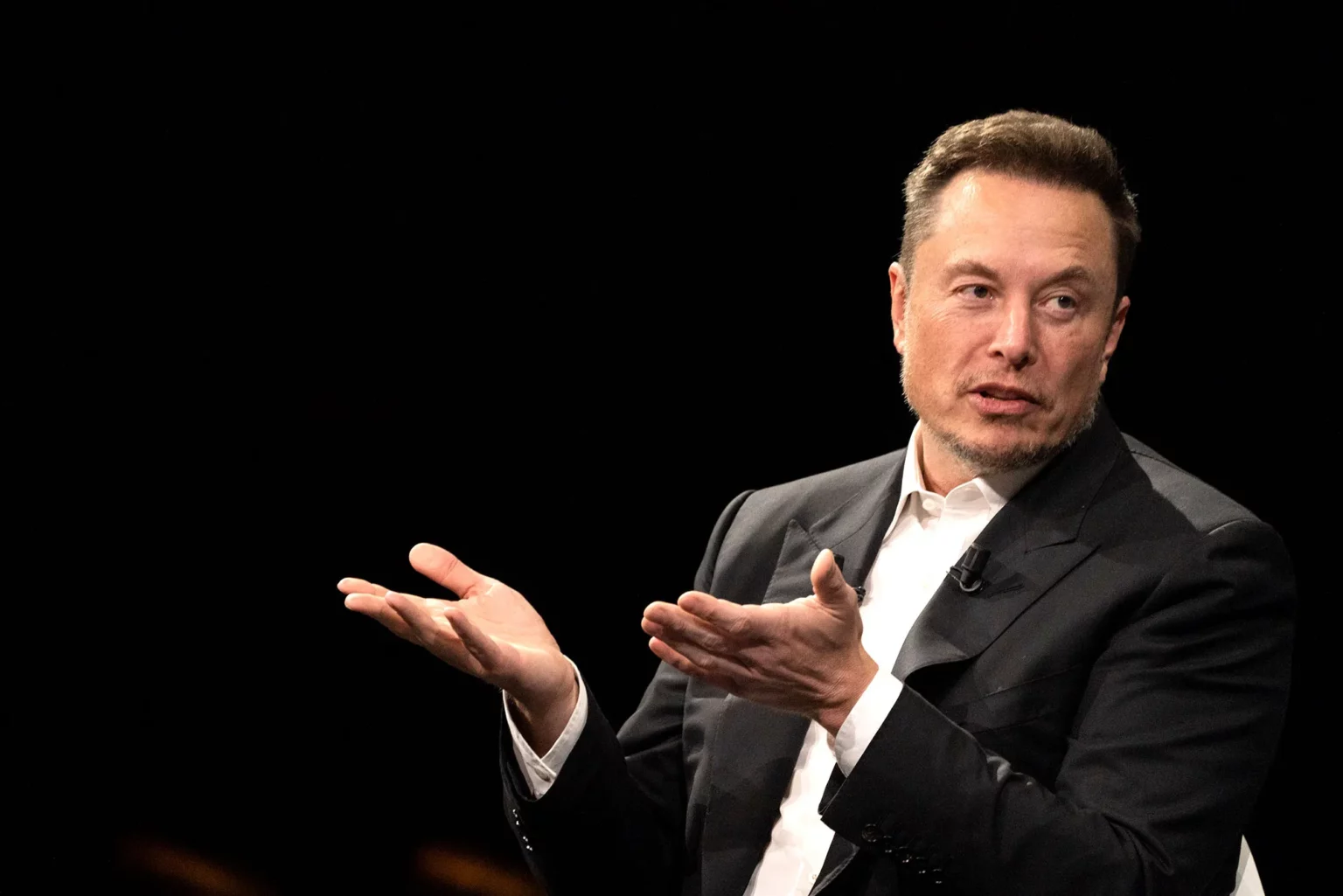In a recent interview on the Lex Fridman Podcast on YouTube, billionaire entrepreneur Elon Musk expressed deep concern over Israel’s continuous attacks on Palestinians in Gaza. Musk, known for his candid opinions, shared his apprehensions about the potential repercussions of the offensive led by the Benjamin Netanyahu government.
Musk raised a critical point about the unintended consequences of Israel’s military actions, particularly in relation to the resistance group Hamas. He emphasized the risk of creating more members for Hamas, a group that Israel is actively trying to eliminate. The South African-American billionaire argued against tactics that involve widespread harm to a population, stressing the unacceptability of such approaches.
The Tesla and SpaceX CEO questioned the effectiveness of the current offensive strategy, pointing out that for every Hamas member killed, Israel might inadvertently be contributing to the recruitment of new members. Musk underscored the importance of evaluating the long-term consequences, suggesting that merely eliminating existing members without addressing the root causes could perpetuate the cycle of violence.
The interview shed light on Musk’s perspective regarding the broader impact of Israel’s actions on the Palestinian population. He highlighted the potential for increased animosity and resentment among Palestinians, especially in the wake of civilian casualties. Musk expressed concern that actions such as the killing of children in Gaza could fuel hatred and push individuals towards radicalization, potentially joining militant groups like Hamas.
The timing of Musk’s remarks is significant, coinciding with a period during which Netanyahu’s administration and Israeli occupation forces have claimed the lives of at least 11,078 Palestinians in the Gaza Strip. The conflict has led to a catastrophic forced migration and displacement of thousands of innocent civilians, raising international concerns about the human cost and ethical implications of Israel’s military actions.
Critics argue that Israel’s approach has resulted in what some perceive as xenophobic and hateful actions, targeting civilians and contributing to a dire humanitarian crisis. Musk’s outspoken commentary adds another dimension to the global conversation surrounding the Israel-Palestine conflict, bringing attention to the potential long-term consequences and urging a reevaluation of the current strategies employed in the region.




